Bequest and Beneficiary Designation Language

The Catholic Foundation of the Diocese of Saint Petersburg has been entrusted with accepting and administering bequests and beneficiary designation gifts for the Diocese, diocesan entities, parishes, schools, and ministries.
For those considering a generous gift through your will, trust or as a beneficiary on a life insurance policy or IRA, please know this type of gift can allow you to continue to support causes you believe in and make your best last gift.
Click here to see a list of beneficiaries that the Catholic Foundation serves.
Click here to see existing funds that you can contribute to.
The sections below provide the correct language for bequests and beneficiary designations for either a legacy gift (perpetual fund such as an endowment) through the Catholic Foundation, or a direct one-time last gift through the Diocese of Saint Petersburg.
Bequests: Wills and Trusts
A bequest is made in the donor’s Will or Revocable Trust. The donor can direct that a specific dollar amount, certain assets, a percentage of the donor’s estate or trust or the remainder of the donor’s estate or trust (after all other distributions have been made) can be gifted to any entity, parish, school, or ministry of the Diocese.
One-time last gifts through wills and trusts should be directed to the Diocese.
As a corporate sole, it is vital to use the correct wording in estate documents. The correct bequest language is as follows:
A pecuniary bequest, or a specified amount – “I give devise, and bequeath (amount, article, stock, etc.) to Gregory L. Parkes, as Bishop of the Diocese of Saint Petersburg, and his successors in office, a Corporation Sole, for the use of (insert name and address of the parish, school, etc.).”
A residuary bequest, or the remainder of an estate is – “I give devise, and bequeath all/a percentage of the rest, residue and remainder of my estate to Gregory L. Parkes, as Bishop of the Diocese of Saint Petersburg, and his successors in office, a Corporation Sole, for the use of (insert name and address of the parish, school, etc.).”
A contingent bequest, or designating the Diocese and/or its ministries and entities after the primary beneficiary pre-deceases the donor, is – “If (primary beneficiary) does not survive me, then I hereby give, devise and bequeath my estate to Gregory L. Parkes, as Bishop of the Diocese of Saint Petersburg, and his successors in office, a Corporation Sole, for the use of (insert name and address of the parish, school, etc.).”
All bequests and estate documents to create a perpetual or endowed fund for the Diocese, its ministries or entities should be directed to the Catholic Foundation of the Diocese of Saint Petersburg.
The correct language is as follows:
A pecuniary bequest or a specified amount that will be given to the Diocese and/or its ministries and entities for perpetual or endowed purposes, is – “I hereby give, devise and bequeath _________ and No/100 dollars ($DOLLARS) to Emmaus Foundation, Inc. d/b/a The Catholic Foundation, Diocese of Saint Petersburg, a nonprofit organization located at 6363 9th Ave., N., St. Petersburg, FL, 33710, Federal Tax ID #59-3519543, for (describe endowment/long-term fund) to benefit (describe use and purpose).”
A residuary bequest or the remainder of an estate that will be given to the Diocese and/or its ministries and entities after allotting certain amounts to other beneficiaries for perpetual or endowed purposes, is – “I hereby give, devise and bequeath to Emmaus Foundation, Inc. d/b/a The Catholic Foundation, Diocese of Saint Petersburg, a nonprofit organization located at 6363 9th Ave., N., St. Petersburg, FL, 33710, Federal Tax ID #59-3519543, ALL OR A PERCENTAGE of the rest, residue and remainder of my estate for (describe endowment/long-term fund) to benefit (describe use and purpose).”
A contingent bequest or designating the Diocese and/or its ministries and entities after the primary beneficiary pre-deceases the donor for perpetual or endowed purposes, is – “If (primary beneficiary) does not survive me, then I hereby give, devise and bequeath to Emmaus Foundation, Inc. d/b/a The Catholic Foundation, Diocese of Saint Petersburg, a nonprofit organization located at 6363 9th Ave., N., St. Petersburg, FL, 33710, Federal Tax ID #59-3519543, DESCRIPTION OF PROPERTY for (describe endowment/long-term fund) to benefit (describe use and purpose).”
Beneficiary Designations Through Qualified Plans
The Catholic Foundation and the Diocese of Saint Petersburg may accept restricted amounts it receives as a designated beneficiary of a life insurance policy, deferred annuity contract, IRA, defined benefit plan, 401(k) plan, profit sharing plan or another qualified plan. Contact your plan administrator or the person who helps you with your account or insurance policy, such as your broker, banker or insurance agent. Most plans require the completion of a beneficiary designation form or have a process in place. When you are completing the form, provide them the appropriate language as noted below:
For perpetual funds (endowments) designate the Catholic Foundation.
If you wish to establish or add to an existing endowment or long-term fund to benefit the Diocese, one of its ministries and/or an entity, parish, or school, the following should be provided on the necessary forms: “Emmaus Foundation, Inc. d/b/a The Catholic Foundation, Diocese of Saint Petersburg, a nonprofit organization located at 6363 9th Ave., N., St. Petersburg, FL, 33710, Federal Tax ID #59-3519543, for (describe endowment/long-term fund) to benefit (describe use and purpose).”
One-time last gifts through qualified plans should be directed to the Diocese.
As a corporate sole, to expedite the acceptance of one-time last gift beneficiary designations from qualified plans for the benefit of the Diocese, its ministries and/or its entities, donors must contact the plan administrator and complete the necessary forms indicating the following beneficiary: “Gregory L. Parkes, as Bishop of the Diocese of Saint Petersburg, and his successors in office, a Corporation Sole, for the use of (insert name and address of the parish, school, etc.).”
Important Considerations For Your Future
If you are interested in making a gift but are also concerned about your future needs, keep in mind that beneficiary designation gifts are among the most flexible of all charitable gifts. Even after you complete the beneficiary designation form, you can take distributions or withdrawals from your retirement, investment or bank account and continue to freely use your account. You can also change your mind at any time in the future for any reason, including if you have a loved one who needs your financial help.
If you have already designated us as a beneficiary of an asset or as part of your estate plan, please let us know. We would like to recognize you and your family for your gift.
Please contact us if you have any questions about beneficiary designation gifts. We would be happy to assist you and answer your questions.
